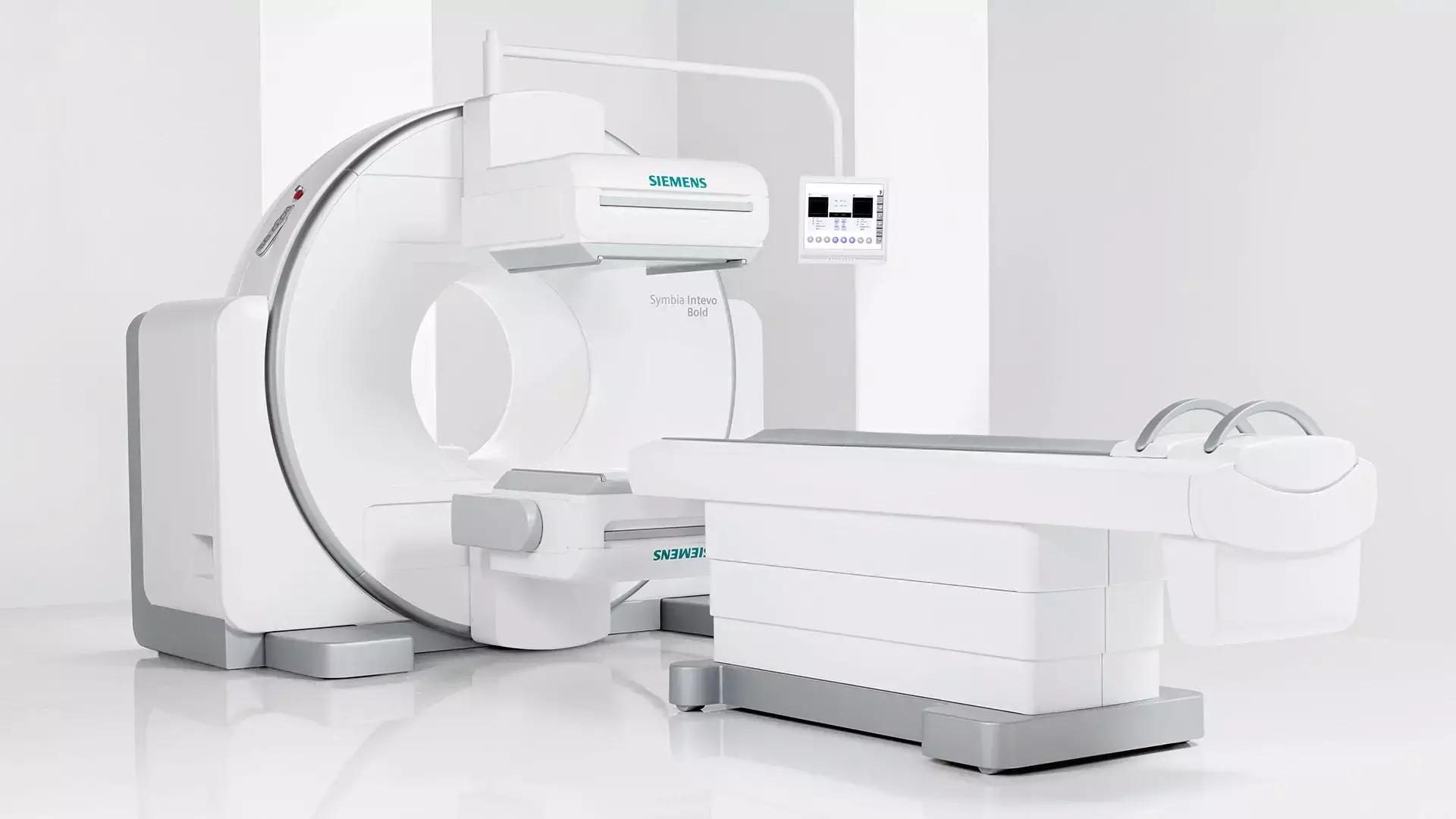- Home
- Medical news & Guidelines
- Anesthesiology
- Cardiology and CTVS
- Critical Care
- Dentistry
- Dermatology
- Diabetes and Endocrinology
- ENT
- Gastroenterology
- Medicine
- Nephrology
- Neurology
- Obstretics-Gynaecology
- Oncology
- Ophthalmology
- Orthopaedics
- Pediatrics-Neonatology
- Psychiatry
- Pulmonology
- Radiology
- Surgery
- Urology
- Laboratory Medicine
- Diet
- Nursing
- Paramedical
- Physiotherapy
- Health news
- Fact Check
- Bone Health Fact Check
- Brain Health Fact Check
- Cancer Related Fact Check
- Child Care Fact Check
- Dental and oral health fact check
- Diabetes and metabolic health fact check
- Diet and Nutrition Fact Check
- Eye and ENT Care Fact Check
- Fitness fact check
- Gut health fact check
- Heart health fact check
- Kidney health fact check
- Medical education fact check
- Men's health fact check
- Respiratory fact check
- Skin and hair care fact check
- Vaccine and Immunization fact check
- Women's health fact check
- AYUSH
- State News
- Andaman and Nicobar Islands
- Andhra Pradesh
- Arunachal Pradesh
- Assam
- Bihar
- Chandigarh
- Chattisgarh
- Dadra and Nagar Haveli
- Daman and Diu
- Delhi
- Goa
- Gujarat
- Haryana
- Himachal Pradesh
- Jammu & Kashmir
- Jharkhand
- Karnataka
- Kerala
- Ladakh
- Lakshadweep
- Madhya Pradesh
- Maharashtra
- Manipur
- Meghalaya
- Mizoram
- Nagaland
- Odisha
- Puducherry
- Punjab
- Rajasthan
- Sikkim
- Tamil Nadu
- Telangana
- Tripura
- Uttar Pradesh
- Uttrakhand
- West Bengal
- Medical Education
- Industry
SPECT scan may predict. prognosis of hospitalized HF patients: Study

Cardiac 123I-MIBG SPECT imaging is beneficial in providing prognostic information in nonischemic ADHF patients with HFpEF, according to a study published in the JACC: Cardiovascular Imaging.
Cardiac sympathetic nerve dysfunction assessed by 123I-MIBG imaging is associated with poor outcomes in chronic HF patients with reduced left ventricular ejection fraction (HFrEF). However, no information is available on the prognostic value of cardiac 123I-MIBG SPECT imaging in patients with HFpEF.
A study was conducted by a group of researchers from Japan to elucidate the prognostic value of cardiac sympathetic nerve dysfunction as evaluated using iodine-123-labelled metaiodobenzylguanidine(123I-MIBG) single-photon emission computed tomography (SPECT) imaging in patients with heart failure (HF) with preserved left ventricular ejection fraction (HFpEF).
The researchers studied 148 patients admitted for acute decompensated HF (ADHF) with nonischemic HFpEF and who underwent cardiac 123I-MIBG imaging at discharge. The cardiac 123I-MIBG heart-to-mediastinum ratio (H/M) was measured on the delayed planar image (late H/M). SPECT analysis of the delayed image was conducted, and the tracer uptake in all 17 regions on the polar map was scored on a 5-point scale by comparison with a sex-matched normal control database. The total defect score (TDS) was calculated by summing the score of each of the 17 segments. The primary endpoint was the association between TDS and cardiac events (the composite of emergent HF hospitalization and cardiac death).
The results of the study are as follows:
- During a mean follow-up period of 2.4 ± 1.6 years, 61 patients experienced cardiac events.
- TDS was significantly associated with cardiac events after multivariate Cox adjustment
- Patients with high TDS levels had a significantly greater risk of cardiac events than those with middle or low TDS levels.
- C-statistic of TDS was 0.730 which was significantly higher than that of late H/M.
Thus, the researchers concluded that Cardiac 123I-MIBG SPECT imaging provided useful prognostic information in nonischemic ADHF patients with HFpEF.
Reference:
Prognostic Significance of Cardiac 123I-MIBG SPECT Imaging in Heart Failure Patients with Preserved Ejection Fraction by Masahiro Seo et al. published in the JACC: Cardiovascular Imaging.
https://doi.org/10.1016/j.jcmg.2021.08.003
Dr. Shravani Dali has completed her BDS from Pravara institute of medical sciences, loni. Following which she extensively worked in the healthcare sector for 2+ years. She has been actively involved in writing blogs in field of health and wellness. Currently she is pursuing her Masters of public health-health administration from Tata institute of social sciences. She can be contacted at editorial@medicaldialogues.in.
Dr Kamal Kant Kohli-MBBS, DTCD- a chest specialist with more than 30 years of practice and a flair for writing clinical articles, Dr Kamal Kant Kohli joined Medical Dialogues as a Chief Editor of Medical News. Besides writing articles, as an editor, he proofreads and verifies all the medical content published on Medical Dialogues including those coming from journals, studies,medical conferences,guidelines etc. Email: drkohli@medicaldialogues.in. Contact no. 011-43720751


